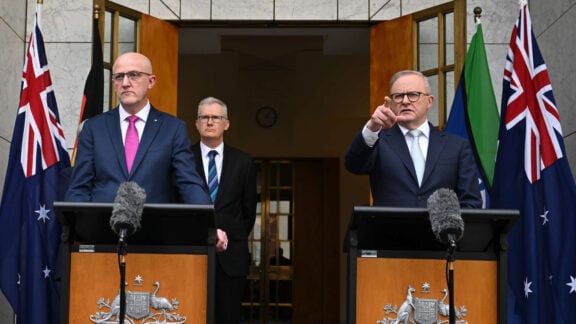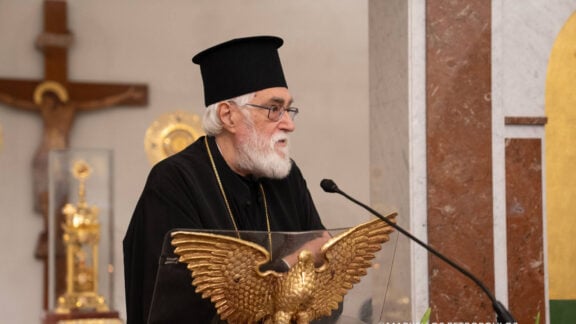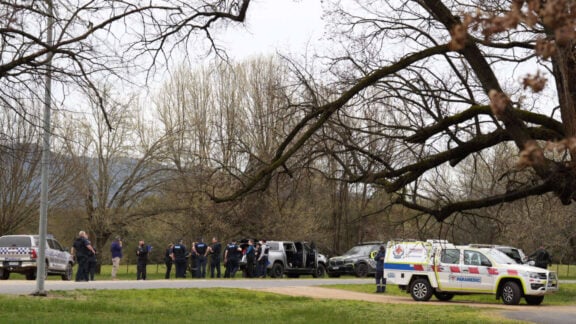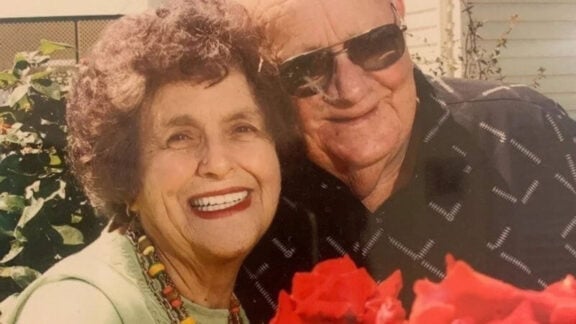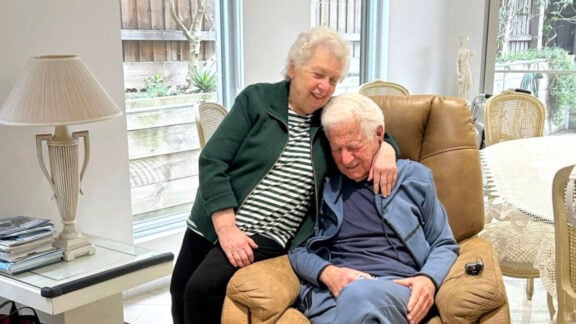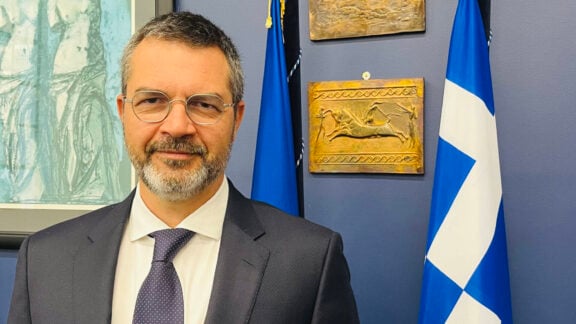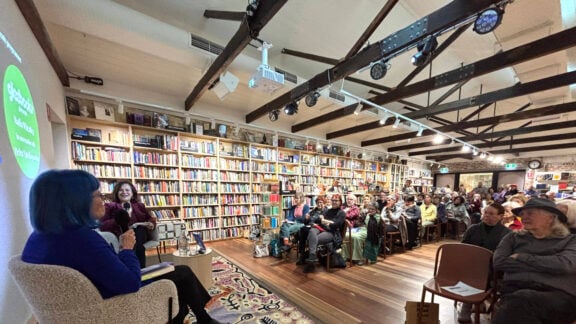Just days after publicly criticising his player’s fitness, Goran Ivanišević has doubled down with fresh comments about Stefanos Tsitsipas’ struggles — both on and off the court.
The Croatian coach, who worked for years with Novak Djokovic, told Serbian outlet Sport Klub that Tsitsipas is behaving “like a baby taking one step at a time” and suggested his off-court issues are greater than anything in his tennis game.
“I didn’t expect him to do well — he’s not in form, mentally or physically. It’s very clear: if he changes some things on the court, and more importantly off the court, he’ll be fine. He’s too good a player not to be in the top 10. But if he can’t make those changes, he has no chance,” Ivanišević said.
When asked what changes are needed, he replied:
“That’s a good question, and I don’t have an answer. On the court, I can guarantee that some technical things must be changed and accepted. But off the court — that’s something he needs to deal with, one thing at a time.
Like a baby climbing stairs — he can’t take two steps at once. He has to start fixing those off-court problems as soon as possible. Once he does that, he’ll be where he belongs. If not — and I’ve said this six times already — no one will be able to help him.”
“Tennis is the least of his problems”
Ivanišević went on to list Tsitsipas’ technical issues:
“His biggest on-court problem is his backhand, especially the slice. He needs to slightly adjust his grip and work on his return. He recently changed racquets too. On serve, he has to stop over-rotating his body — maybe bring his feet closer together — but these are things you fix in the off-season, not before Wimbledon.
To be honest, tennis is the least of his problems. The other things are far more serious. He also needs to address the issues with his lower back.”
The coach also addressed Tsitsipas’ recent talk of retirement and revealed he advised him to stop playing temporarily.
“I told him not to play tennis right now. He needs to fix his back and get fit, because physically he’s a disaster. I can’t understand how a player at his level can be so unfit. After that, he can think about playing again. That’s the foundation. Then, he just has to wait for his opportunity. He hasn’t forgotten how to play — two months ago he won an ATP 500 in Dubai, beating some top players. He’s still dangerous.”
Ivanišević added that he relates to Tsitsipas’ struggles.
“There are things I can explain to him and relate to — I felt the same way when I fell to No.128 in the world. He’s at No.26. That’s a big difference. But I didn’t have problems off the court — I created my own problems.
“I know how he feels — that sensation of wanting a hole to open up on the court so you can disappear from the match. I used to train seven, eight, nine hours a day waiting for my chance. And I eventually won Wimbledon.
“There’s no magic wand. But off the court, he has to take responsibility and make decisions, because everything shows on court.
You can’t play a Slam — or any tournament — if you’re not 100% focused. You need to think about your forehand and backhand, not 77 other things that have nothing to do with tennis.”

